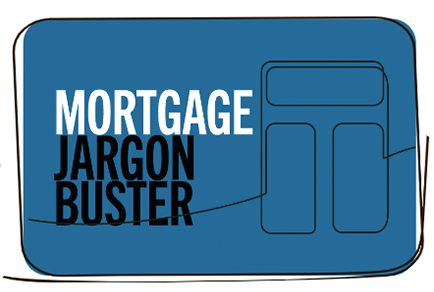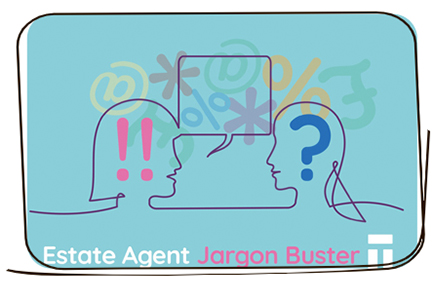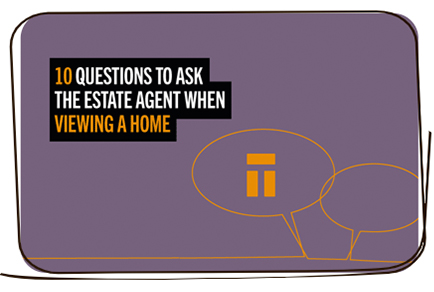Keep a keen eye on the condition of each property
Viewing a potential home for purchase is really exciting, but whilst a “good feeling” is important, it’s also worth considering more practical aspects whilst looking around. In this short guide we share 10 things to look at when viewing a property you’re considering purchasing.
1. Does the property require any updates that could be costly?
Have a good look round at windows, doors, the kitchen, the bathroom, the radiators (or heating system) the electricals and lighting – is anything in obvious need of a major overhaul? You should specifically look at things that need more than a lick of paint!
2. Is there any damp?
Damp usually has a distinctive smell, so pay attention. Check around windows, around walls and near the roof. Feel the walls with your hands. In older homes the floors can also indicate damp.

3. Are the roof, windows and doors in good condition?
A visual check will show if there are any severe problems. On UPVC windows check for condensation between the panes of glass. Check the windows and doors open and close properly and are lockable. Look on the outside as well as inside.
4. How old is the boiler? When was it last serviced?
Ask the agent or owner how old the boiler is and when it was last serviced. If they don’t know they should be able to find out for you. Often a boiler will have a ‘service’ sticker on it indicating when it needs to be checked.

5. Which direction does the property face?
The direction a property faces is about more than just having a southerly sunny garden. It can affect the amount of natural light, how warm or cold the property gets and potentially home maintenance costs (sun exposure, for example, can cause faster wear to furniture, flooring and fabric whilst lack of sunlight can increase heating needs).
6. Is there adequate parking for your needs?
Use a viewing to ascertain what (if any) parking comes with the property. If you like the home try ‘driving by’ at different times of the day/week to check the parking situation, for example at evenings and weekends when more people might be at home. If you’ll be reliant on public transport check the distance to the nearest ‘stop’ and the frequency of travel on your likely routes.

7. What exactly is included/excluded from the sale?
Depending on the sellers plans a variety of different items could be included or excluded from sale, for example white goods, fixtures and fittings (like built in wardrobes, light fittings).
8. Are the rooms big enough and is there enough storage space?
A good seller will dress the room to make it look lovely for sale, but take a closer look. Do the bedrooms have adequate furniture to store your belongings? Or is there space to put furniture in? Are the enough cupboards in the kitchen for your food and utensils?

9. Are there sufficient plug points, do they look in good condition?
Electrical repairs and replacements can be costly as well as time consuming and disruptive. Older homes in particular might not have enough electrical outlets for modern living, so factor this in. A good look at the fuse box should indicate how recently things have been updated. If you’re not sure or have concerns, ask the estate agent
10. Is the plumbing up to scratch?
There’s nothing more annoying than a shower with poor water pressure, so turn on the taps and shower to test things out. If you’re viewing in winter and its cold outside touching the radiators will help you check if they’re working properly or not.
More mortgage guides you may find helpful...

Mortgage jargon buster guide
We try not to use industry jargon when we’re talking about mortgages, but some terms and phrases just can’t be replaced. In this simple guide we simply explain the lingo you’re most likely to encounter.

Estate agent jargon buster guide
There are already so many things you have to consider and research while on your home-buying journey, so we have collected a bunch of words or phrases you may come across, to help simplify the process.

10 questions to ask an estate agent
It's common when viewing a potential property that an estate agent shows you round and tells you some basic information about the home. But as industry experts is there extra information they have that would be useful to you in the decision making process? In this guide we reveal 10 things you could consider asking to leave you armed with as much information as possible.
